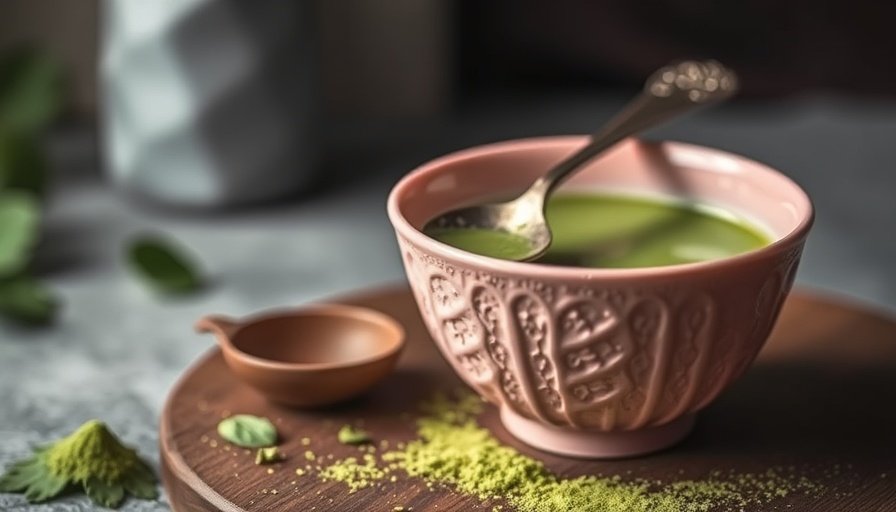
What Sparked the Matcha Girl Controversy?
Recently, the Houston pop-up called Matcha Girl took social media by storm, logistically and emotionally stirring the drink community. While many flocked to the event hoping to indulge in vibrant green drinks, not everyone left satisfied. Numerous patrons shared disappointments online regarding the taste, price, and overall quality of the matcha served. Particularly notable was the $11 price tag for lattes, with some feeling that the drinks didn't match the hype.
The Underlying Issues Beyond the Drinks
Some critics raised concerns over customer service practices, alleging that the establishment removed negative comments from its social media platforms. The unflattering reviews sparked discussions about the cultural implications of matcha—a drink that has deep roots in Japanese history. Influencer Remi Morimoto Park, known as Matcha Mommy on TikTok, weighed in, emphasizing that while anyone can enjoy matcha, respect and appreciation for the culture is crucial.
What Is Cultural Appropriation and Why Does It Matter?
The conversations around Matcha Girl highlight a greater conversation about cultural appropriation in the food and wellness industries. Cultural appropriation refers to adopting elements of one culture by members of another, often without understanding or respecting the original context. This topic is particularly sensitive when discussing Japanese tea culture, which has been refined and celebrated for centuries.
This Weekend’s Alternatives: Explore Houston's Dining Scene
If you weren't impressed by Matcha Girl's offerings, Houston has no shortage of other dining options ripe for exploration. Events happening this weekend include various pop-up markets and food festivals. If you're interested in local dining that values authenticity and culture, consider visiting one of the multicultural restaurants downtown, each offering a slice of Houston's vibrant tapestry.
Personalities Behind the Pop-Up: Who is Lauren Galindo?
Owner Lauren Galindo, a former Miss Texas crowned in 2021, has a multifaceted approach to her ventures. Besides Matcha Girl, she launched a sister coffee pop-up and a pilates brand named Pilates Girl. However, this pop-up's ties to celebrity often bring scrutiny to whether they truly embody the crafts they're selling or merely capitalize on aesthetics.
A Closer Look at Matcha Culture
Matcha's evolution in America is both fascinating and complicated. Initially popularized by artisanal cafés, it has morphed into a trend often depicted in glossy Instagram posts. But this doesn't diminish the beverage's importance and cultural roots. In a place like Houston, known for its rich diversity, understanding the origins of the food we consume becomes pivotal. How can local businesses honor traditions while still catering to modern tastes? The answer might determine their longevity in the competitive market.
Engaging with the Community: Importance of Feedback
For local businesses, community engagement and responsiveness to feedback are crucial. Consumers today are increasingly vocal about their experiences, and platforms like TikTok and Instagram amplify their voices. Matcha Girl's omission of critical customer feedback raises questions about accountability and transparency. How do businesses navigate this landscape while also maintaining authenticity?
Final Thoughts: The Future of Horchata Culture
The hubbub surrounding Matcha Girl is more than just a momentary blip in the local news; it speaks to larger societal themes of cultural understanding and the importance of quality in our dining experiences. As Houston's dining scene grows, it will be essential for businesses to evaluate their impact on the community's diverse culinary heritage.
To explore more dining options or events in Houston, check out the diverse entertainment calendar featuring everything from late-night eats to outdoor activities. Step beyond the norm and discover the local gems that truly celebrate the spirit of our city.
 Add Element
Add Element  Add Row
Add Row 



Write A Comment